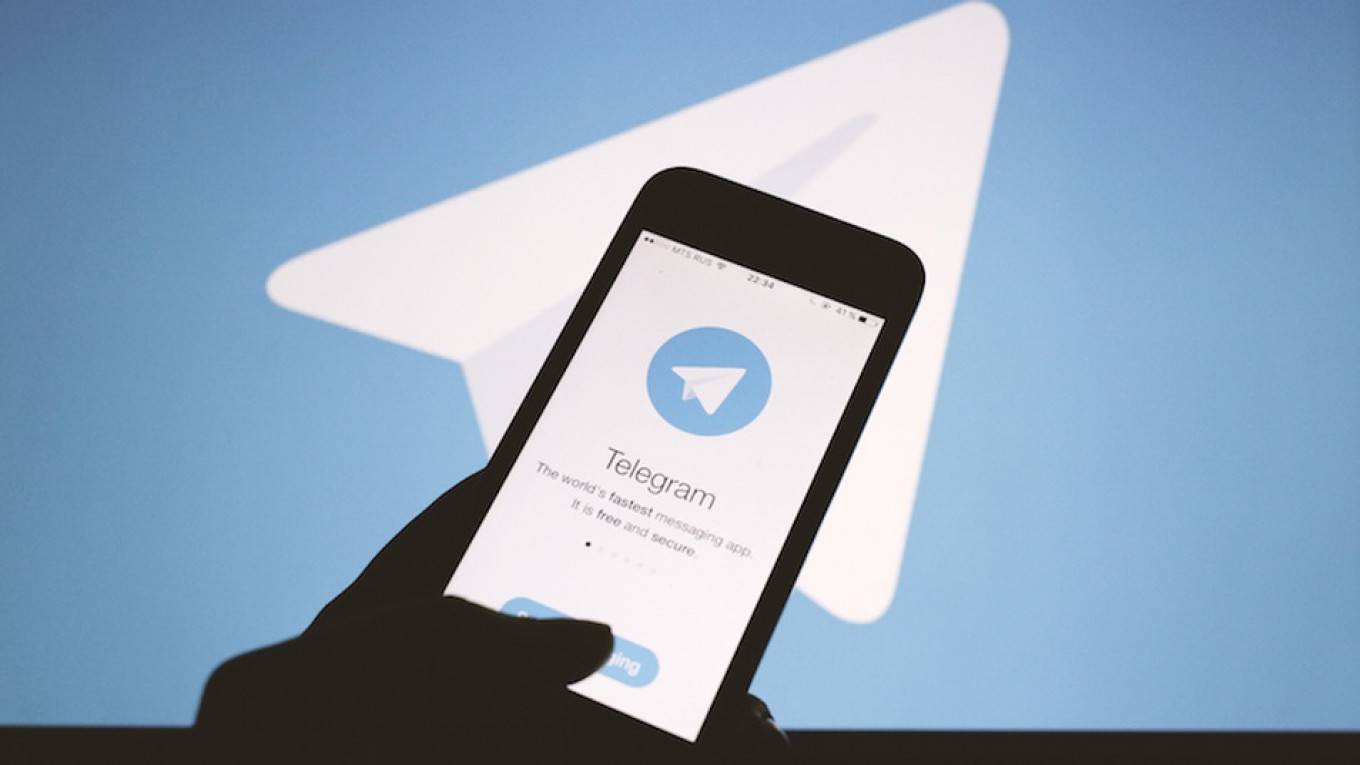
Russia has halted its largely unsuccessful two-year efforts to block the popular messaging service Telegram.
Russia’s federal media watchdog Roskomnadzor made the surprise announcement Thursday, citing Telegram founder Pavel Durov’s “stated readiness to counter terrorism and extremism.”
“In agreement with the Russian Prosecutor General’s Office, Roskomnadzor is lifting demands to restrict access to Telegram,” Roskomnadzor said on its website.
“We’re ready to cooperate with all internet companies operating in the country to promptly stop the spread of terrorist and extremist information, child pornography, suicide and drugs propaganda,” it said.
Telegram agreed to turn over terrorist suspects’ personal data under a privacy policy adopted in 2018 after a Russian court ordered Roskomnadzor to block the app over its refusal to provide users’ online communications to security services.
Russia’s Federal Security Service (FSB) has sought tools to break Telegram’s message encryption and unscramble private conversations since two suspects in the 2017 St. Petersburg metro bombings were accused of using the app to coordinate the attacks.
Telegram maintains that it has no access to users’ encryption keys.
Roskomnadzor inadvertently blocked Russian users’ access to a host of unrelated online services and blacklisted millions of IP addresses in an attempt to block Telegram in April 2018.
The app has continued to be widely used by Russian officials, government agencies and state-run media outlets despite it being blocked.
Russian opposition lawmakers have submitted legislation recently to unblock Telegram in Russia.
